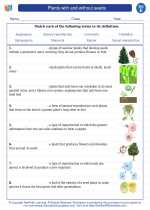What is Humidity?
Humidity is the measure of the amount of water vapor present in the air. It is an important factor in weather and climate, affecting both the comfort of humans and the growth of plants.
Types of Humidity
There are several different ways to measure humidity:
- Absolute Humidity: This is the measure of the actual amount of water vapor present in a given volume of air, usually expressed in grams of water vapor per cubic meter of air.
- Relative Humidity: This is the ratio of the amount of water vapor present in the air to the maximum amount of water vapor the air can hold at a given temperature. It is often expressed as a percentage.
- Specific Humidity: This is the ratio of the mass of water vapor to the total mass of moist air parcel.
Factors Affecting Humidity
The main factors that affect humidity include temperature, air pressure, and the proximity of water sources such as oceans, rivers, or lakes.
Measuring Humidity
There are various instruments used to measure humidity, such as hygrometers and psychrometers. These instruments can provide measurements of absolute humidity, relative humidity, and dew point temperature.
Effects of High and Low Humidity
High humidity can make the air feel hotter than it actually is, as the body's ability to cool itself through perspiration is reduced. It can also contribute to the formation of clouds and precipitation. On the other hand, low humidity can lead to dry skin, respiratory issues, and an increased risk of static electricity.
Human Health and Humidity
Extremely high or low humidity levels can have adverse effects on human health. High humidity can promote the growth of mold and mildew, while low humidity can lead to respiratory discomfort and increased susceptibility to infections.
.◂Science Worksheets and Study Guides Fifth Grade. Plants with and without seeds
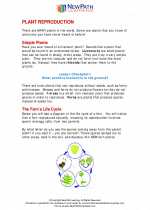
 Worksheet/Answer key
Worksheet/Answer key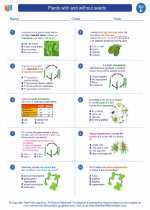
 Worksheet/Answer key
Worksheet/Answer key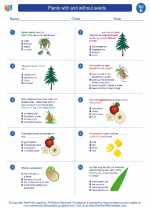
 Worksheet/Answer key
Worksheet/Answer key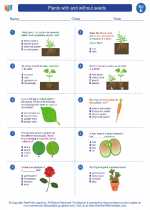
 Vocabulary/Answer key
Vocabulary/Answer key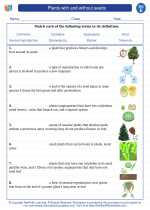
 Vocabulary/Answer key
Vocabulary/Answer key